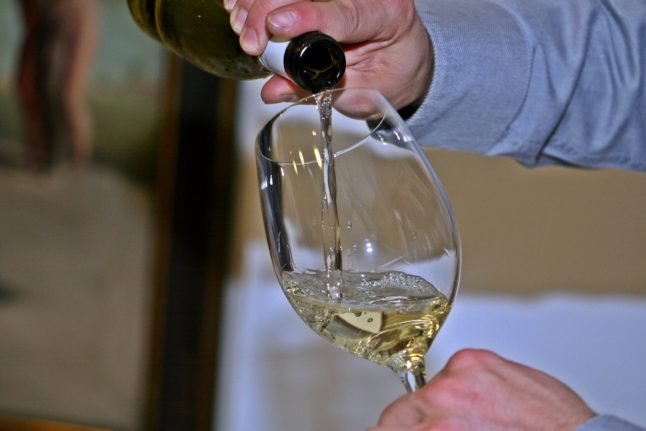Analysis of supermarket prices reveals disturbing findings
Though Lidl, Aldi and Denner claim to be budget-friendly, with prices that beat those of large Swiss retailers, this is not necessarily so.
This claim was disproved by an analysis of 30 products purchased in five Swiss supermarkets on the same day.
It concluded that thanks to Migros’ and Coop’s budget lines — M-Budget and Prix-Garantie, respectively — the two are only slightly more expensive than Lidl and Aldi.
Denner, surprisingly, turned out to be the priciest of all.
READ ALSO: Are ‘discount’ supermarkets in Switzerland really cheaper?
Apartment seekers in Zurich faced with illegal practices
The demand for affordable apartments in Switzerland’s largest city is so strong that some tenants have resorted to unreasonable demands directed at candidates for the lease takeover.
One such practice, which has become more commonplace lately, is requiring that those taking over the apartment buy, at a steep price, the furniture of the departing tenant.
However, tenants’ associations warn that this tactic is illegal and prospective tenants should not be ‘bullied’ into compliance.
READ ALSO: Zurich’s housing woes spark illegal rental practices
Swiss retailers accused of ‘shrinkflation’
Many products in Swiss supermarkets have got smaller, while their price has remained the same — a phenomenon known as ‘shrinkflation’.
An analysis carried out in several supermarkets revealed that a number of products have ‘shrunk’ either in terms of weight or volume, but their prices have not been adapted accordingly.
Additionally, many manufacturers also resort to using cheaper raw materials / ingredients to cut costs.
READ ALSO: Are Swiss retailers shortchanging consumers?
Swiss lawmakers vote to ban Nazi symbols
The National Council voted in favour of prohibiting the public use of racist, violence-promoting and extremist symbols, including Nazi ones.
The ban would also apply to gestures, words, salutes or flags.
“We don’t want a swastika or a Hitler salute in our country, ever!” said Green lawmaker Raphael Mahaim after the vote.
READ ALSO: Swiss parliament wants ban on extremist symbols
‘Wrong’ wine served at military event vexes MP
During a recent parliamentary session this week, a deputy pointed out that a faux-pas occurred at a recent army social gathering: an Italian, rather than Swiss wine, was served to families of soldiers gathered at the event.
The guests were reportedly “outraged” that “our Swiss army was promoting foreign wine, when our country has its own winegrowers,” he claimed.
Neither the MPs nor the Defence Department have reacted so far.
READ ALSO: MP up in arms over Swiss military’s choice of wine
And also :
Government warns public about fake police calls
The Swiss government has issued a warning about an increasing number of fake calls purporting to be from police.
The caller prompts the recipient to divulge personal information in order to gain access to financial data.
Authorities are warning anyone who receives such a call not to engage, but hang up immediately.
READ ALSO: How to avoid the ‘police’ phone scam in Switzerland



 Please whitelist us to continue reading.
Please whitelist us to continue reading.
Member comments